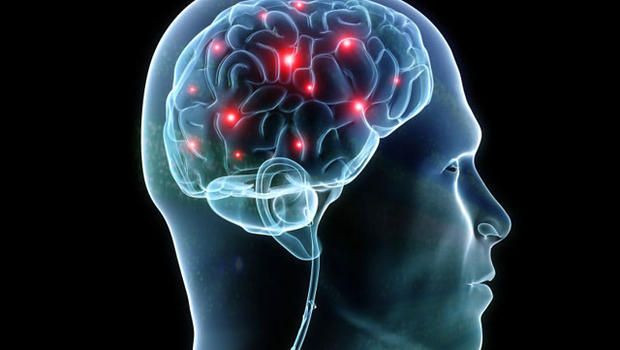The First Cut Is The Deepest: First Language Leaves Lasting Impression On The Brain, Long After You Stop Speaking It

The first language you are exposed to influences how your brain will interpret languages for the rest of your life, even if you no longer speak it, finds a recent study from McGill University in Canada. Researchers discovered that French-speaking children who were exposed to Chinese at a very young age continued to show bilingual brain activity patterns long after they had stopped using their native tongue.
For the study, now published in Nature Communications, the researchers observed the brain activity of three groups of children between the ages of 10 and 17, as they read made-up French-sounding words, such as "vapagne" and "chansette." The first group was composed of children born and raised in a household that only spoke French. The second group was born in China but adopted by French-only speaking families before age 3 and subsequently cut off from all Chinese language exposure. Children in the third group were completely bilingual, fluent in both French and Chinese.
Results revealed that the brains of the Chinese who were adopted by French families at a young age functioned more similarly to the brains of bilingual children than they did those of French-only speaking children. For example, brain scans of the monolingual children with no exposure to Chinese showed activation in the left inferior frontal gyrus and the anterior insula — areas of the brain traditionally associated with language processing. On the other hand, brain scans of bilingual children and those who had been only exposed to Chinese at a young age showed activity in traditional language processing areas of the brain and also areas of the brain associated with working memory and general attention.
"This is very interesting from a language development perspective because it allows us to look at the influence of just that very early period of language development on later language processing, separately from the effects of ongoing exposure to one or more languages," Laura Pierce, a researcher involved in the study explained in a press statement.
The findings may help scientists better understand brain plasticity — the brain’s ability to change its hardwiring throughout in response to different environments and challenges. For example, research has observed that in blind individuals, areas traditionally associated with vision will sometimes reorganize in order to perform a new function. In addition, brain plasticity can also come about as a result of constantly using one specific area of the brain, such as in the case of London taxi drivers who often possess larger areas of the brain dedicated to navigation.
The McGill researchers hope that better understanding of brain plasticity’s role in language learning may help in the development of educational practices geared toward different types of learners.
Source: Pierce LJ, Chen JK, Delcenserie A, Genesee F, Klein D. Past experience shapes ongoing neural patterns for language. Nature Communications. 2015.



























